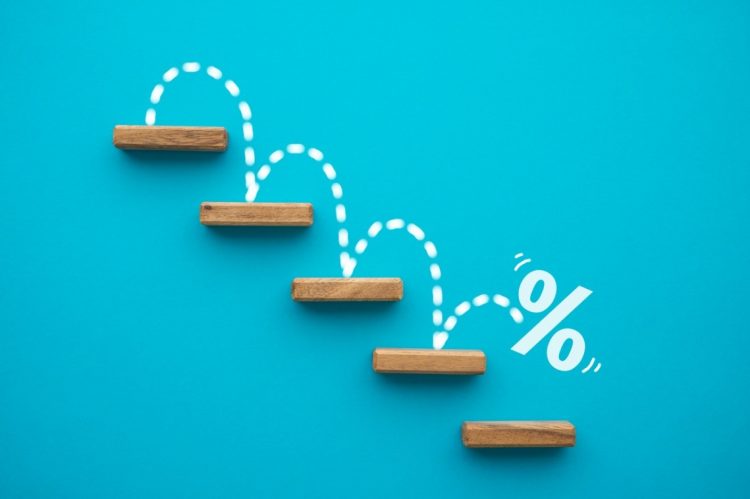Consumer confidence took a nose dive in February, according to the monthly survey conducted by non-profit The Conference Board, below a critical threshold that signals a a possible recession
“In February, consumer confidence registered the largest monthly decline since August 2021,” said Stephanie Guichard, senior economist at The Conference Board. “This is the third consecutive month on month decline, bringing the Index to the bottom of the range that has prevailed since 2022.”
The overall consumer confidence index took a seven point hit, falling to 98.3. The present situation index fell 3.4 points to 136.5. The expectations index–with any score below 80 indicating there is “usually” a recession ahead–fell a sharp 9.3 index points to a reading of 72.9.
The proportion of consumers expecting a recession in the next 12 months, not calculated in the confidence index, increased to a nine month high. Expectations of a bull stock market also decreased, from 54.2% in January to 46.8% in February. Stated differently, 32.8% of consumers expected a decline in stock prices, up from 24.8% in January.
On a six-month moving average basis, purchasing plans for homes continued their recovery, likely related to near-term small decline in mortgage rates. On the other hand, buying plans for cars and big ticket items declined, most notably for TVs and electronics.
A closer examination of the present situation index showed that consumers’ view of current business conditions improved slightly. This was borne out by a month over month increase in consumers who said business conditions were “good,” a rise from 18.5% in January to 19.6% in February. By contrast, 15.7% of consumers said business conditions were “bad” in February, a slight increase from 15.2% in January.
For the labor market, slight decreases were seen in consumer confidence. This was evidenced by 33.4% of consumers saying that jobs were “plentiful,” down from 33.9% in January. Additionally, the share of consumers saying jobs were “hard to get” rose from 14.5% in January to 16.3% in February.
While the outlook on present conditions rose slightly, the bigger picture saw a negative turn in February. Only 20.2% of consumers expected business conditions to improve, down from 20.8% in January, while 26.7% of consumers expected conditions to worsen in February, up from 19.6% in January.
Pessimism with regards to the labor market also increased in February. This was shown by an 18.4% figure of consumers who expected more jobs to be available, a decline from 19.1% in January. Consumers also anticipated fewer jobs, with 25.9% reporting they felt that way in February versus 21.0% in January.
Consumers were also less optimistic about income prospects in February, with 18.2% saying they expected their income to increase, a slight uptick from 18.1% in January. More consumers expected their incomes to decrease, with 13.7% reporting they felt that way in February against 12.3% in January.
Guichard also noted that inflation expectations “surged from 5.2% to 6% in February.” This was likely a reflection of sticky inflation, coupled with recent price jumps in household staples like eggs and the expected impact of tariffs, she said.
For the full Consumer Confidence report, click here.











